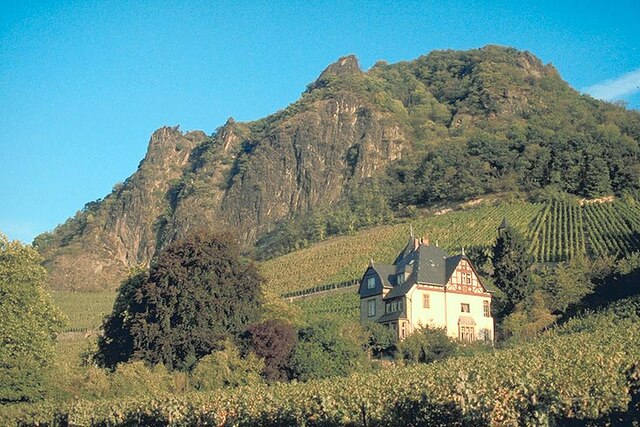A nature park, or sometimes natural park, is a designation for a protected natural area by means of long-term land planning, sustainable resource management and limitation of agricultural and real estate developments. These valuable landscapes are preserved in their present ecological state and promoted for ecotourism purposes.
The Hutovo Blato protected marshland and bird reservation in Bosnia and Herzegovina
The Mayon Volcano Natural Park
Tubbataha Reef
A view in the Swiss National Park.
A nature reserve is a protected area of importance for flora, fauna, funga, or features of geological or other special interest, which is reserved and managed for purposes of conservation and to provide special opportunities for study or research. They may be designated by government institutions in some countries, or by private landowners, such as charities and research institutions. Nature reserves fall into different IUCN categories depending on the level of protection afforded by local laws. Normally it is more strictly protected than a nature park. Various jurisdictions may use other terminology, such as ecological protection area or private protected area in legislation and in official titles of the reserves.
Bee Lick Creek in the Jefferson Memorial Forest, a National Audubon Society wildlife refuge
Charles Waterton established the first nature reserve in 1821.
Drachenfels (Siebengebirge)
A forest of the Aulanko Reserve in Hämeenlinna, Tavastia Proper, Finland








